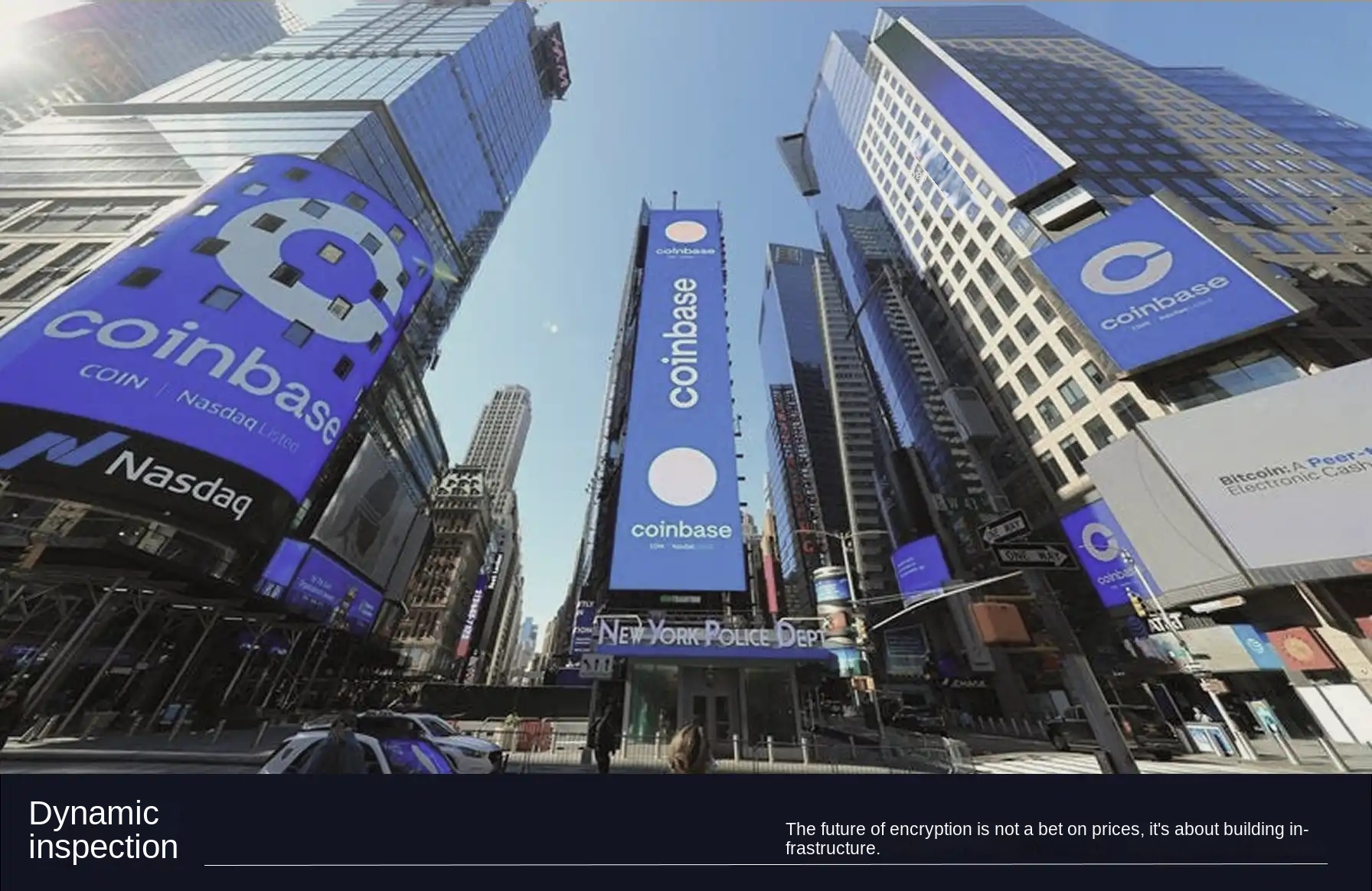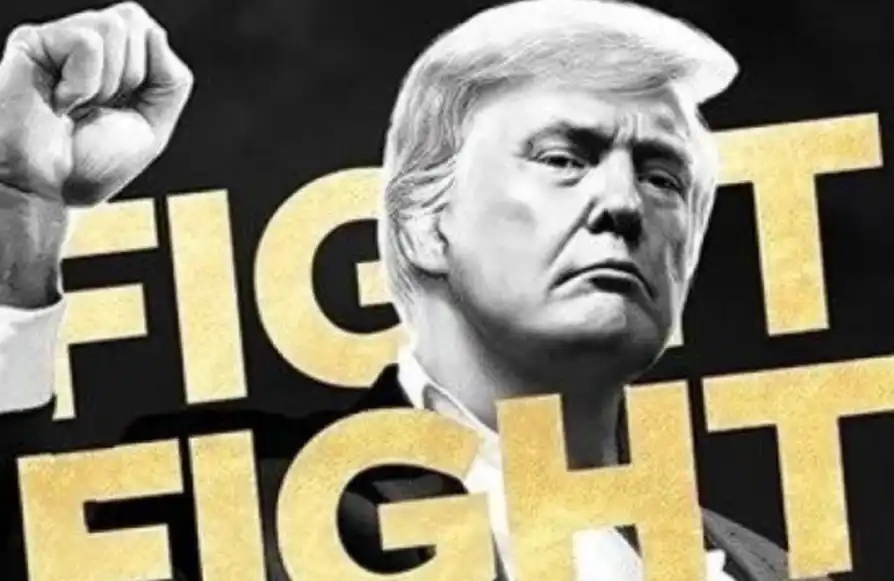The tokenization of US stocks is heating up again. Which on-chain platforms support trading US stocks?
Original Title: "The Convergence of Crypto and U.S. Stocks: A Look at 8 Major Securities Tokenization Trading Platforms"
Original Author: Golem, Odaily Planet Daily
Recently, the two keywords "crypto" and "U.S. stocks" have been increasingly linked together. On one side, U.S.-listed companies are flocking to embrace the trend of purchasing crypto assets. Companies such as SharpLink and GameStop have seen their stock prices significantly surge in the short term thanks to this strategy. On the other side, crypto firms are pursuing IPOs in U.S. markets. For example, on June 6th, USDC stablecoin issuer Circle closed its first week of trading with a price of $107.7 per share, marking a 247.4% increase from its IPO price of $31. BitMEX co-founder Arthur Hayes even remarked that Circle's listing might ignite a frenzy of crypto IPOs. Such a fervent scenario has left "crypto outsiders" envious. But if this truly marks a new liquidity feast, how could crypto aficionados resist joining in? Against this backdrop, trading U.S. stocks on-chain has naturally become a hot topic.
Securities tokenization (STO) predates the emergence of RWA (Real World Assets). Between 2020 and 2021, platforms like FTX and Binance launched tokenized U.S. stock trading services. However, at the time, the regulatory landscape for crypto was not favorable, and the securities tokenization business failed to gain sustained momentum. Fast forward to today, as the U.S. crypto regulatory environment improves and crypto increasingly integrates with traditional finance, major players like Citi, JPMorgan, and Robinhood have started exploring tokenized stock solutions. With favorable timing, favorable location, and favorable conditions, on-chain securities trading platforms may very well become the next big wave. To provide readers with insights, Odaily Planet Daily has compiled a list of platforms where crypto assets can be used to trade U.S. stocks.
Bybit

Bybit, a centralized exchange, introduced USDT-based stock Contract for Difference (CFD) trading on its TradFi platform on May 19. The Bybit TradFi platform is a multi-asset trading solution that allows traders to access global financial markets using a single account. By simply creating an MT5 account, users can directly trade U.S. stocks using USDT as collateral. The platform currently offers 78 stocks for trading, including major names like Apple (AAPL), Tesla (TSLA), Nvidia (NVDA), Amazon (AMZN), Microsoft (MSFT), and Alphabet (GOOG). For a complete list of available stocks, refer to the official announcement.
Unlike spot trading of stocks, trading stock CFDs doesn’t involve the actual purchase of shares. Instead, it focuses directly on price movements. When users open a CFD position on the Bybit TradFi platform, they are effectively entering into a contract with the platform to settle the difference in stock prices between the opening and closing of the position. Users can leverage up to 5x. Bybit charges a fee of 0.04 USDT per share, with a minimum trade size of 5 USDT.
MyStonks

MyStonks is a decentralized crypto-asset trading platform built on the foundation of the Stonks meme coin community's CTO. Users can also purchase US stocks via the platform's Stonks 100 section, which includes 95 US-listed stocks such as AAPL, AMZN, DIS, GOOGL, META, MSFT, NFLX, NVDA, along with 5 crypto and stock ETFs listed in the US.
When users purchase US stocks via the MyStonks platform, it mints tokenized shares of those US stocks on the Base chain at a 1:1 ratio and transfers them to the user's on-chain wallet address. When users sell their tokenized shares, MyStonks conducts a reverse process by converting the tokenized stocks into stablecoins, crediting the user's account, and burning the corresponding tokenized shares at a 1:1 ratio. The buy and sell processes rely on ChainLink oracles for pricing. Additionally, the platform charges a 0.3% transaction fee for trading tokenized US stocks.
MyStonks is not merely an on-chain "data ledger." When users buy and sell tokenized stocks on the platform, MyStonks executes corresponding 1:1 trades for real stocks off-chain, with custody provided by global asset management giant Fidelity. MyStonks' initial custodied asset scale amounts to $50 million.
Ondo Finance

Ondo Finance is a decentralized institutional-grade financial protocol that has partnered with the Trump family’s WLFI project, positioning itself as a popular candidate within the "American Coin" concept. As early as February 5th, Ondo Finance announced its upcoming launch of the RWA tokenization trading platform, Ondo Global Markets (Ondo GM), enabling users to trade tokenized shares, bonds, and ETFs that are backed 1:1 by real-world assets. However, this service is not available to US users.
All RWA tokens from Ondo Global Markets will be natively issued on Ondo Chain, and users can also interact with other chains through Ondo Chain's built-in cross-chain functionality. Ondo Global Markets plans to launch later this year, but the specific timeline has not yet been disclosed by the official team.
Backed
Backed is a Swiss-based asset tokenization issuer, primarily focused on tokenizing stocks and ETFs. Backed has introduced 10 different U.S. stock tokens across multiple chains, such as bCOIN, bCSPX, bTSLA, bNVDA, and bMSTR. However, Backed has not launched its own U.S. stock token trading platform. Instead, users can directly trade the U.S. stock tokens issued by Backed on on-chain DEXs like CoW swap, 1inch, and others.

Backed operates under the regulatory framework of Switzerland's DLT law, making it one of the few compliant U.S. stock tokenization platforms. Backed adopts a 1:1 backing mechanism, where each U.S. stock token minted on-chain corresponds to an equivalent stock purchased on the secondary market. The U.S. stock assets are managed by a Swiss custodian bank, and regular reserve proofs are published.
On April 30, 2024, Backed completed a $9.5 million financing round, led by Gnosis VC, with participation from cyber Fund, Blockchain Founders Fund, Stake Capital, and others. Recently, Backed announced a collaboration with the centralized exchange Kraken to roll out a new stock tokenization trading platform called xStocks, though the launch date remains unknown.
Dinari
Dinari is a compliant infrastructure platform dedicated to tokenizing traditional securities assets (e.g., stocks, bonds, ETFs). Users can trade nearly 100 U.S. stocks, including Apple, Amazon, Microsoft, Nvidia, and Coinbase, on its stock token trading platform, dShare. However, users must complete KYC verification to access the platform. Currently, KYC is only supported for users in the U.S. and Canada, requiring government-issued identification documents (e.g., driver's license, passport) and proof of residence (e.g., current utility bill, bank statement showing address).
On Dinari, U.S. stocks are represented as dShares, which are ERC-20 tokens issued on Arbitrum One. dShares are minted only when stocks are purchased from securities trading platforms and are backed 1:1. Dinari is a registered transfer agent with the U.S. SEC, ensuring that all U.S. stock assets underlying dShares are managed directly by the company.
Users can trade tokenized U.S. stocks on-chain using stablecoins such as USDT. Additionally, by holding the tokens, users can earn dividend payouts. The dividends are distributed to users by Dinari, and U.S. stock token holders will receive the dividends in the form of USD+ on the Arbitrum One network. USD+ is a stablecoin asset issued by Dinari. Furthermore, transactions on the Ethereum mainnet incur a fixed fee of $10 per order, while transactions on Layer 2 incur a fixed fee of $0.2 per order.
Dinari has explicitly stated that it will not launch a Dinari token. On May 1, 2025, Dinari completed a $12.7 million Series A funding round, led by Blockchange and Hack VC, with participation from Blizzard Fund, VanEck, F-Prime Capital, Factor Capital, Arete Capital, GGV Capital, and Silvermine Capital.

Helix
Helix is a decentralized cryptocurrency trading platform built on Injective, primarily used for trading cross-chain spot and perpetual futures markets. It also supports trading of select U.S. stocks using USDT, including 13 stocks such as META, TSLA, NVDA, MSTR, and COIN.

U.S. stocks on Helix are represented as iAssets, a type of real-world asset (RWA) derivative. iAssets bring traditional markets, such as stocks, commodities, and forex, to Injective in a fully on-chain, composable, and capital-efficient manner. iAssets do not require pre-funding or tokenized representations of the underlying assets. Instead, they exist purely as synthetic derivatives without custody of the backing stock assets.
As a result, iAssets are traded in the same way as other on-chain perpetual contract tokens, offering 24/7 trading. Users can use USDT or other stablecoins as margin, with leverage of up to 25x for U.S. stocks. Positions are settled in USDT rather than physical delivery. Maker fees and taker fees for contracts are 0.005% and 0.05%, respectively.
Helix has already launched a trading rewards program, though the rebate system is still in beta testing.
Swarm
Swarm is a DeFi infrastructure focused on providing compliance solutions for token issuance, liquidity, and trading. Through its launched DEX dOTC, users can trade tokenized US equities and gold, including 12 US equity tokens such as AAPL, NVDA, MSFT, COIN, and TSLA. Swarm supports users purchasing tokenized US equities on Ethereum Mainnet, Polygon, and Base using stablecoins like USDC, with a trading fee set at 0.25%.

The tokenized US equities on Swarm are issued by SwarmX GmbH, a subsidiary of Swarm. These tokenized US equities are fully backed by real-world stocks held by institutional custodians and verified by a token trustee. Reserve asset information is disclosed publicly on a monthly basis.
DigiFT
DigiFT is a Singapore-compliant RWA-focused crypto trading platform holding licenses as a Recognized Market Operator (RMO) and Capital Markets Services (CMS) provider from the Monetary Authority of Singapore (MAS). On February 28, 2023, DigiFT completed a $10.5 million Pre-A funding round, led by Shanda Group, with participation from HashKey Capital, Hash Global, Xin Enterprise, and North Beta Capital.
DigiFT currently offers two products: a structured note linked to the Invesco Senior Loan Strategy called iSNR, and the UBS-USD money market fund token, UMINT. Users who complete KYC verification can purchase these products on Ethereum Mainnet using stablecoins such as USDC.

Although DigiFT has not yet directly launched tokenized US equity products and mainly focuses on funds, bonds, and other RWA assets, it may open up tokenized securities markets, including US equities, in the future.
The Market for Tokenized US Equities Needs a New PMF to Truly Take Off
Tokenized US equities offer numerous advantages, such as breaking geographical and KYC restrictions, enabling 24/7 trading, allowing non-US users to hold US assets at low cost, and avoiding high cross-border fees. However, despite predictions that tokenized US equities would fuel a trillion-dollar RWA market, data from RWA.xyz shows that the total RWA market is currently only about $23 billion, with tokenized equities accounting for just $313 million—a market size far below initial expectations.

At its root, on the one hand, most tokenized trading platforms for U.S. stocks have yet to mature in terms of compliance models, with issues such as "data manipulation," lack of transparency, and even potentially no qualifications at all. Meanwhile, platforms that have established robust compliance credentials impose KYC (Know Your Customer)/AML (Anti-Money Laundering) restrictions that rival or even exceed those of traditional brokers. This results in many crypto users not experiencing meaningful convenience from the services provided.
On the other hand, U.S. stocks already have mature, transparent, and compliant secondary markets globally. For users genuinely interested in trading U.S. stocks, the entry barriers are not significantly different from those of traditional brokers, and in some aspects, the user experience might even be more cumbersome. Ultimately, these platforms fail to provide users with substantial benefits. More critically, for crypto-native users who seek high-frequency, high-volatility arbitrage opportunities, U.S. stock market assets are still too sedate, lacking the momentum of crypto derivatives or the excitement of on-chain Meme coins. Figures like James and Liangxi could only emerge in the crypto market, not in traditional U.S. stock markets.
It is evident that simply "putting U.S. stocks on-chain" is insufficient to spur a collective influx of crypto funds. To genuinely ignite the market for tokenized U.S. stocks, platforms and project teams need to identify new Product-Market Fit (PMF) touchpoints. Regardless, looking ahead, tokenized U.S. stocks still hold vast potential for imagination. Once the core needs of crypto users are identified and a true PMF is achieved in product design, on-chain U.S. stock trading will no longer be merely a gimmick but may become a bridge seamlessly connecting the global capital markets with the Web3 world.
Welcome to join the official BlockBeats community:
Telegram Subscription Group: https://t.me/theblockbeats
Telegram Discussion Group: https://t.me/BlockBeats_App
Official Twitter Account: https://twitter.com/BlockBeatsAsia


 Forum
Forum Finance
Finance
 Specials
Specials
 On-chain Eco
On-chain Eco
 Entry
Entry
 Podcasts
Podcasts
 Activities
Activities
 OPRR
OPRR









